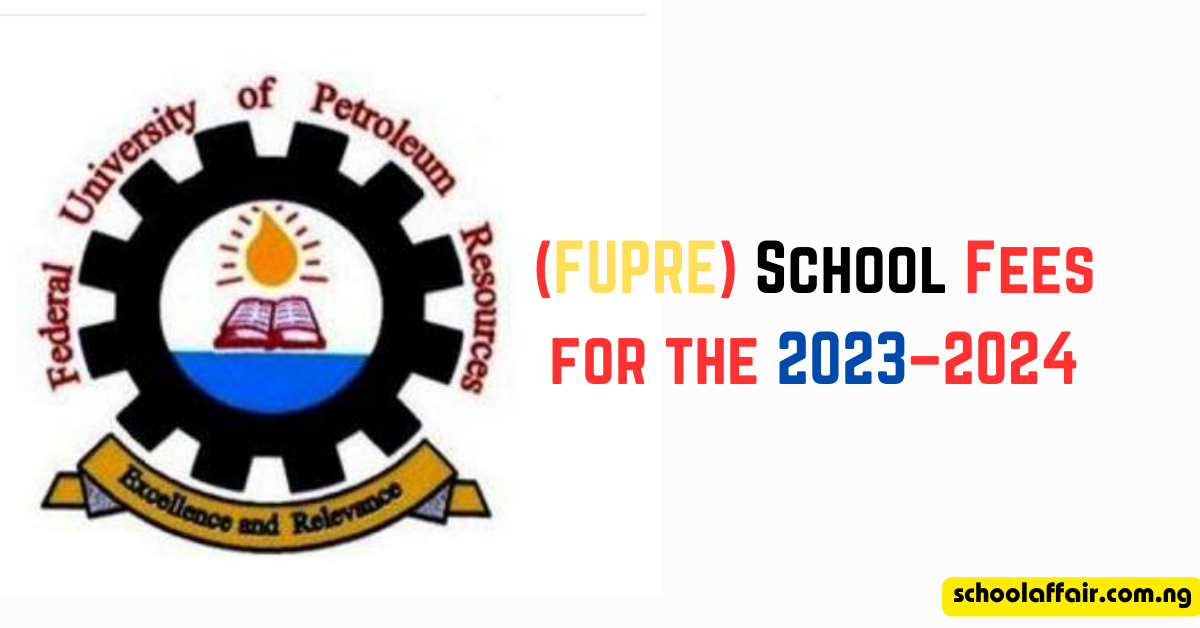In the landscape of U.S. education, the choice between public and private schools is a critical decision, largely dictated by the financial facet. Understanding the myriad aspects of private school fees is an essential stepping stone towards evaluating the potential benefits of private education and how it aligns with your familial preferences and financial capacity.
This essay dissects the diverse elements of private school tuition, brings light to the oft-ignored additional costs, explores financial aid and scholarships, and offers a comparison of the price versus the value of private education. Further, it provides practical insights on managing and planning for the cost of private schooling.
The Basics of Private School Tuitions
Title: Understanding Private School Tuitions: A Pivotal Factor in Your Decision-Making
When embarking on the journey of choosing the perfect education pathway for your loved ones, the topic of private schooling often comes to the forefront. For many parents, the balance between a solid education and financial responsibility is an ever-lurking question. One of the major considerations here is understanding why private school tuition is crucial in the decision-making process.
Let’s delve a bit deeper, shall we?
1. Quality Education and Cost
The primary reason why private schools charge tuition is the promise of elevated quality in education. These institutions often have advanced academic curricula, superior resources, and smaller class sizes, all of which enable a more individualized approach to learning, these perks typically translate to a higher cost of attending, which means a clear understanding of the tuition is fundamental from the onset.
2. Unseen Costs
Interestingly enough, the tuition amount isn’t the only financial commitment tied to a private school education. Regrettably, some parents find this out the hard way. Statistics, uniforms, transportation, fundraising, trips, and more can inflate the total cost significantly. A solid handle on these unseen costs is just as crucial as understanding the tuition itself from a well-rounded financial perspective.
3. Budgeting and Financial Planning
The cost of a child’s education is a sizeable chunk of any family budget. Knowing the exact amount of tuition and other related costs helps parents plan their finances accordingly. It aids in minimizing any looming ‘financial surprises’ and keeping the budgeting ship on its intended course.
4. Financial Aid and Scholarships
Understanding the tuition dynamics also provides parents with an insight into the world of financial aid and scholarships. Many private schools offer these to students who display exceptional talent or come from less fortunate backgrounds. A clear picture of the cost of education can guide parents in determining if their child might be eligible for such options, potentially easing the financial strain.
5. Informed Decision Making
Lastly, but most importantly, having an in-depth understanding of private school tuition is pivotal for making the right decision for the family as a whole. It allows parents to weigh between the ideal educational benefits and the potential financial burden, enabling an informed and well-considered choice.
All in all, private school tuition significantly impacts almost every aspect of the decision-making process. It not only influences financial planning but also plays into the bigger assessment of whether the value derived from education justifies the cost. So, before starting on the private-school search, remember to dive deep into the financial specifics. After all, it’s not just about learning the value of education but also teaching our little ones the importance of informed decisions.
Step-by-Step: How to Renew Your Passport at the US Embassy: A Quick and Easy Guide
Breaking Down Additional Costs
Private education decisions often involve hidden costs and expenses that parents must consider. These include uniforms, textbooks, extra-curricular activities, transportation, and boarding costs. The cost of uniforms can be significant, as they include sports kits, winter attire, and formal uniforms. Additionally, private education offers a vast array of enriched study resources, including textbooks, lab books, drawing books, laptops, digital tablets, software, and apps.
Extra-curricular activities, such as sports, arts, debates, and clubs, can also add additional costs, such as equipment, participation fees, uniforms, and travel expenses for competitions and performances. Transportation and boarding costs are another significant expense, as private schools often reside in remote or expensive areas.
Additionally, charity drives, school trips, and meal plans can also contribute to the final cost. Parents should thoroughly review the school’s policy and discuss all possible expenses with the admission committee to ensure transparency and make informed decisions for their child’s future and family’s financial health.
As parents, investing in their child’s future is crucial and challenging. By addressing these hidden costs early on, they can ensure that their financial plan can weather the ever-changing tides of private education. By doing so, parents can ensure that their child’s future is financially secure and that their family’s financial health is protected.

Financial Aid and Scholarship Opportunities
Navigating the financial aid and scholarship opportunities for private school education can be a daunting task, but it is crucial for families invested in their children’s future. Hidden costs related to private school education include uniforms, textbooks, extracurricular activities, transportation and boarding costs, and other expenses. These costs can add up quickly and can be overlooked when considering private school education.
Uniforms, textbooks, and other educational resources can vary depending on the grade and subject chosen. Extracurricular activities, such as sports, debate clubs, or music classes, can also impact the financial equation. Transportation and boarding costs are also significant considerations, especially if the school is not in your locality and requires an added commute or boarding.
Schools often engage students in activities outside of the academic realm, such as charity drives, trips, and meal plans. Understanding these costs is crucial, but many may wonder how to begin. To begin, review the school’s affordability policy and connect with the admissions committee for discussions on anticipated expenses. Transparency is key in laying out all costs, both apparent and hidden, to evaluate what options are financially viable without compromising the quality of education and opportunities for your child.
Navigating the sea of information around financial aid and scholarships can be complex, but the journey doesn’t need to be overwhelming. By understanding what costs to anticipate, asking the right questions, and holding educational institutions accountable for transparency, families can make informed decisions that benefit their child’s future. Building a strong community, arming themselves with the right information, and taking each step with confidence are essential steps towards success.
Comparing Price Vs. Value: Insights and Analysis
Private schools offer smaller class sizes, personalized attention, and potentially better academic outcomes for individual students. However, this doesn’t always mean better, as public schools with dedicated teachers and challenging curricula exist nationwide. Private schools also have resources for sports, arts, and cultural activities, which can contribute to a child’s holistic growth but are typically included in the heftier school fee.
Private schools may offer prestige due to their name recognition, which may open doors to elite universities. However, most universities and colleges focus on the merits of the individual student in terms of academics, personal character, and extracurricular involvement. Private schools often foster a close-knit community and share core values, engendering a sense of belonging and community cohesion that can greatly benefit a child’s social and emotional development.
Financial stability often equates to more educational choices, but the commitment to providing the best for children involves tough decisions driven by a deep understanding of their individual needs, passion, and ultimate goal. A measured approach should be adopted, considering not only financial considerations but also knowledge and understanding of what would be truly beneficial to the child’s overall development and well-being. Consulting with experienced parents, teachers, and students can provide valuable information in this decision-making process.
Choosing a private school education should be a thoughtful decision fueled by factors beyond cost, considering the child’s return and aligning with family values and educational goals. The best education is not always about the highest cost, but the highest value.

the Cost of Private School: Practical Tips and Guidance
Private school education can be a significant investment for a child’s future, but managing the costs can be challenging. To make the financial aspect of private schooling more manageable, consider the long-term benefits of each expenditure, such as extracurricular activities, overseas school trips, or advanced courses. Some private schools offer payment plans that spread tuition fees over 10-12 months, making budgeting easier.
Tax credits and deductions may be available for tuition and other expenses, but consult a tax professional for personalized advice. Employer-sponsored tuition benefits, particularly in education or non-profit sector jobs, can potentially cover a portion of tuition fees. Engaging a financial advisor can provide strategies to manage the high costs of private education, considering your family’s financial condition and future planning.
Foster constant communication with the school administration, such as the admission committee or financial aid office, and review school policies and costs periodically. Building strong relationships within your community can also provide practical tips for managing expenses.
The value of private school education extends beyond the cost, as it provides amenities, individual attention, and an environment that aligns with your child’s needs and family’s values and goals. While managing costs is crucial, focusing on the value it brings can make the journey worthwhile.

Finally
Evidently, the cost of private education in the U.S. extends beyond the numerical figure of tuition fees. It’s an amalgam of multiple factors and additional costs that demand comprehensive evaluation. Moreover, navigating through financial aids, scholarships and weighing the costs against the value are integral elements of this equation,
by gaining a well-rounded understanding of these facets and armed with practical strategies, families can make more informed decisions. Thus, while private education may seem daunting initially due to its perceived high cost, effective planning and the application of financial aid and scholarships, along with a keen eye on personal preferences, can considerably balance the scales.
People also ask
How much is private university tuition in USA?
What is the school fees in USA?
How much is private school in Texas?
How much does private school cost in New York?
What is the cheapest school in us?
Are schools expensive in USA?
What is the most expensive private school in the US?
Which is better public or private university in USA?
How much does it cost to study in USA for international students?
How much is private school in California?
How much is Harvard tuition?
How much is private school in Houston?
How much is private school in Florida?
What is the most expensive school in Los Angeles?
How much is private school in Georgia?
What does 4 years of Harvard cost?
How much is Oxford tuition?
What is the most expensive university in the US?
What is the most expensive College in the world?
How much is tuition fees in the UK?
Is Oxford better than Harvard?
How much is Harvard University school fees in Naira?
Does Harvard give scholarships?
What GPA is required for Harvard?
How much will it cost to study in USA from Nigeria?
How much is a PhD in Harvard?
Does Harvard give scholarships to international students?
How do I get a 100% Harvard scholarship?
How do you get 100% scholarship?
How can I get free admission to Harvard University?
How much does housing cost at Harvard?
What are the benefits of going to Harvard?
What is the difference between a doctorate and a PhD?
Do you have to pay for the food at Harvard?
Is Harvard private or public?
What are the requirements to get into Harvard University?



